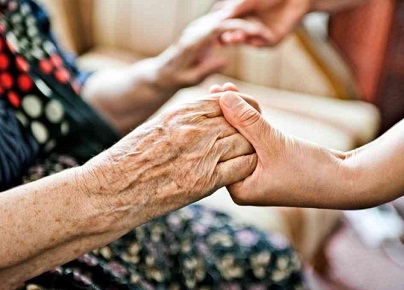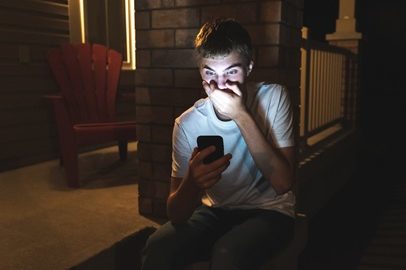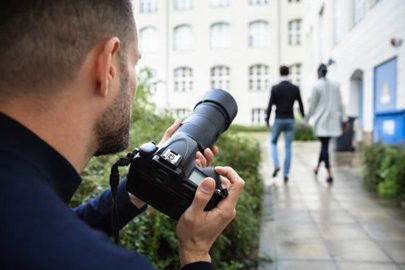Internet Privacy Guidelines for Caregivers and Babysitters

In today’s world, having privacy in a personal and family level is every day more complicated, and yet it is more important than ever. Internet is present in most of our homes, and in one way or another, this is putting at risk mainly children and elderly people. These family members are more vulnerable to online scam, fraud and other types of crime that originate online. As more devices and homes become connected, government and corporations and criminals are finding it easy to track, monitor and essentially put you under surveillance for profit. Yes, Big Brother is real.
For modern parents, responsible parenthood involves being informed and extremely cautious about what their children share online in social media. Keeping an eye on what they share and who they talk to is part of the equation, but teaching them about the proper use of the internet is crucial. The same situation applies with adult children with their parents. Thinking of connecting your home cameras or baby monitor to the internet? Think carefully, use complex passwords.
Teaching elderly adults and children about safe ways to participate in social media and surf the web is not the end to this topic. There is a very important person in many of our homes that should also learn the do’s and the don’ts in social media in order to protect the safety of our homes: the caregiver.
Experts in privacy from our Philippine PI team say it is important for people to be able to think carefully about the boundaries they want to set for internet and social media usage, so they can have an honest discussion with caregivers. Ideally, right up front, before any situation gets risky.
Babysitters, nurses, therapists and overall caregivers who enter our homes are responsible for the information they share about their workplaces. The following are some of tips on how to handle privacy with these family care providers.
Screen your caregiver
Before even discussing about the internet , it is important to know that every caregiver needs to go through an employment screening process. Being a role with so great responsibilities makes screening an undeniable obligation. The Philippines is known to be a country that exports caregivers to countries like the U.S. and the UAE. Hiring a professional investigator to conduct a background check investigation in the Philippines is extremely important before letting anybody in your home.
Once the process is done and you have confirmed the facts, it is also a good idea to check around and have a better idea of the use they give to their own social media profiles. This will help you understand better which rules and policies you will have to focus on.
Set your guidelines and be insistent
Photo and video sharing: Most babysitters or other caregivers do not have ill intentions when sharing a photo or video of the family they work with. However, you’re entitled as the parent (or the person in charge adult) to determine that your caregiver not share photos of your family or what happens in it, even with their friends. Having privacy means having safety for your family.
Geo-location apps and services: Since most phones today have a GPS, it is important to discuss with your caregiver how to turn GPS off or how to change the settings that reveal location. Having control over the apps that can otherwise share publicly their location during work hours is essential. Geo-location can be used to track down where your family is at a certain moment, or it can also help criminals understand and know daily routines. Don’t let companies and criminals track you.
Defining the guidelines and rules of internet privacy with these third parties that are so close to your family can make a big difference. Always verify the people you bring into your house. If you’re considering hiring a nanny or person to help at home, contact us today for a proper background check investigation today. Get the facts and clear evidence before you hire!
C. Wright
© 2016 Philippine PI
![]()
© Copyright 2016 Philippine PI. All Rights Reserved. This content is the property of Philippine PI, LLC and is protected by United States of America and international copyright













